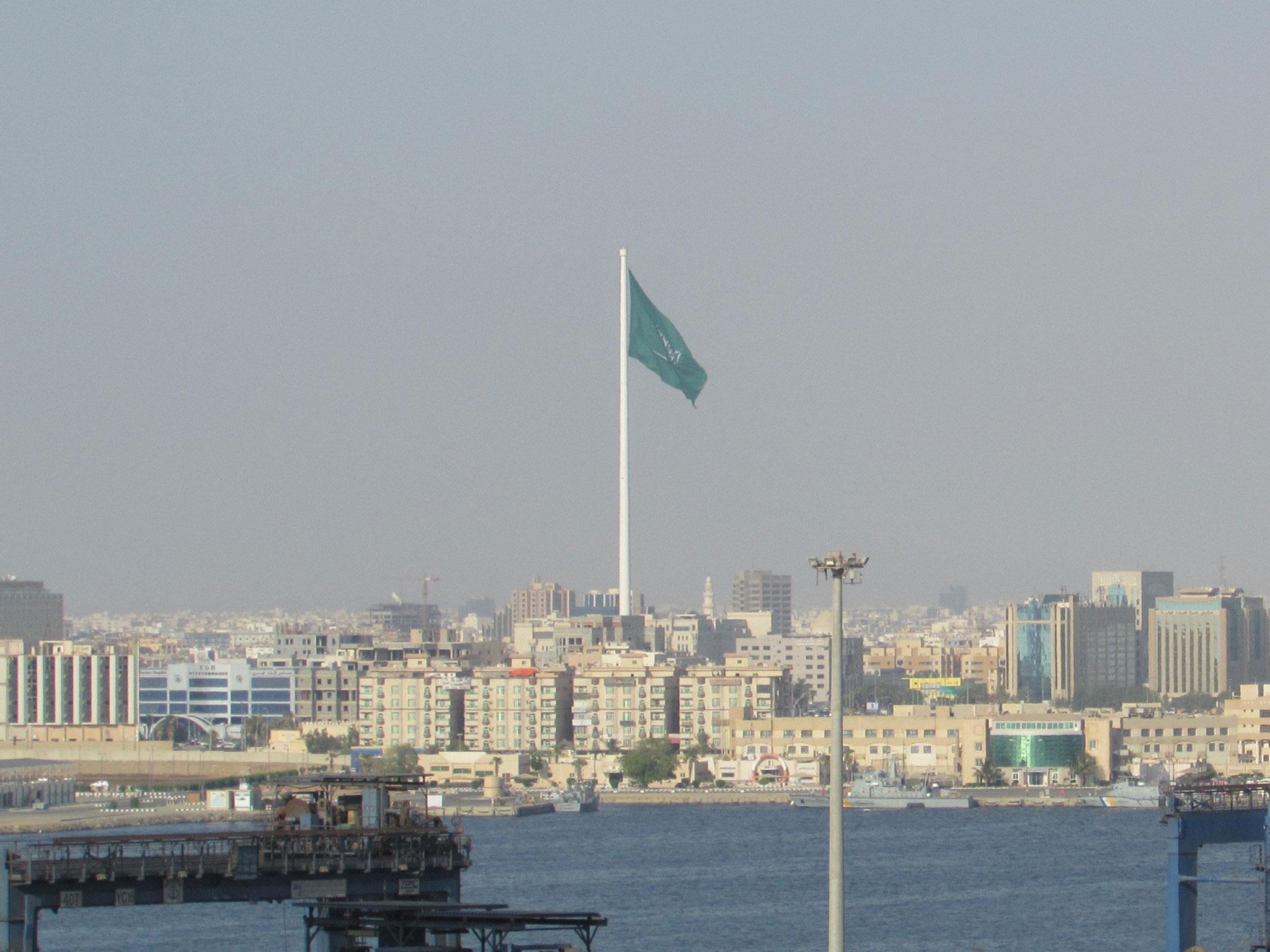As a woman who lived in Saudi Arabia, here’s how I feel about them letting women drive for the first time
Mobility is powerful – feeling as though you have the ability to escort yourself, plan your own day and give yourself permission to leave the house without making a single phone call

Friday Morning Prayer call echoed around the city – Jeddah was always the most peaceful at this time. This was the calm before the storm. I stuffed my swimsuit and a pairs of jeans shorts into a small black duffel bag, zipped it up and sat on my bed. Helpless; the usual wait began.
I was rushing, late, stressed out and could not leave the house until my father got home from prayer. The driver was on vacation for the weekend, his wife was giving birth and so it would be impossible for him to be on call, as he usually was. At the time, around 8 years ago when I was in high school, there was no option to Uber anywhere, taking a local cab was unheard of for a woman, and there was absolutely no way would I risk riding in a car with one of my “male” friends.
My best friend’s sweet sixteen had already started, 20 minutes away at a Yacht Club at the coastal marina area of Obhur, near Jeddah City. The boat was leaving port at 2pm. It was now 12:45pm, and the mosque was five minutes from home. I was stranded. My mother came in to check up on me, reassuring me as always that I wouldn’t be late, that I’d catch what promised to be the party of the year. At the time these things mattered, a lot, and it didn’t feel good to be so dependent.
She couldn’t help, she was a woman in Saudi Arabia, and she couldn’t drive me anywhere…
I am an Egyptian female who grew up in Jeddah, Saudi Arabia. I spent 18 years of my life there – it is my second home and a place I have a lot of reverence for. However, being encompassed by a culture that ultimately normalised in my mind radical concepts such as women not being permitted to drive, gives me a very different perspective on this new found change of heart by the monarchy.
On Tuesday night King Salman ordered a reform allowing women to obtain a driver’s licence if they so please, with no requirement of permission from a male guardian. This was issued as a Royal Decree, and will be put into effect as of June 2018.
Saudi Arabia was the last country to allow women to drive. My inner feminist is confused and a little taken aback by this fact. Is this really still a topic of conversation in 2017? Growing up it seemed so normal to me; the constant frustration, the endless obstacles that came up when planning an outing due to having to organise rides there and back, the undeniable lack of equality and reliance on third parties. Subconsciously, I was forced to accept it.
Jeddah is a city that is buzzing with vitality. A beach side town, with a beautiful coast and access to some of the most coveted dining, shopping, and diving spots in the region.
As a woman in Jeddah you had to acknowledge a couple of things. Your freedom – a loose synonym for the ability to move around or do as you please – was always directly linked, connected or intertwined with that of a male counterpart, be it your father, husband, driver, or brother. Male friends were as taboo as they were useless in these situations. Being caught driving around with a male, who was not legally allowed to escort you from point A to point B, was just as bad an offence as stealing the car yourself.
Curiously enough, old habits really do die hard. I moved to Egypt in 2012 for college. Women are allowed to drive here; this should go without saying I suppose. However, I was so used to being driven around, to the comfort of the passenger seat or the passive daydreams of the backseat, that it took me three years to actually begin driving myself. I know this is not the case with most women, and many leave Saudi Arabia only to hop into a car the first chance they get and speed off into the distance.
I’m making an argument for the negative impacts of instilling habits of reliance and inactiveness in female youth… sometimes these ideas stick and it becomes difficult to break out of them, to return to normalcy.
I cannot imagine a Jeddah where you look to your left at a traffic light and see a woman at the driver’s seat – the image is exhilarating and the impacts for such a monumentally overdue reform will most likely create a ripple effect unlike any other.
Mobility is powerful. Feeling as though you have the ability to escort yourself, plan your own day, give yourself permission to leave the house without making a single phone call or having to arrange for a car to come pick you up. These are all things that have small but very significant impacts of the psyche, on how a woman perceives herself and her freedom.
My experience was not a negative one, as the city became almost programmed to accommodate for this latent inconvenience for females. However, as a statement on equality, acceptance and progressive thinking this is undeniably “one for the books”.
I visit Jeddah once every two months, and look forward to the day where I can drive myself to dinner. Abaya clad, music blasting, friends in tow and evidently fearless!
Nour Hassan is the founder of Radical, an online magazine based in Cairo
Join our commenting forum
Join thought-provoking conversations, follow other Independent readers and see their replies
Comments